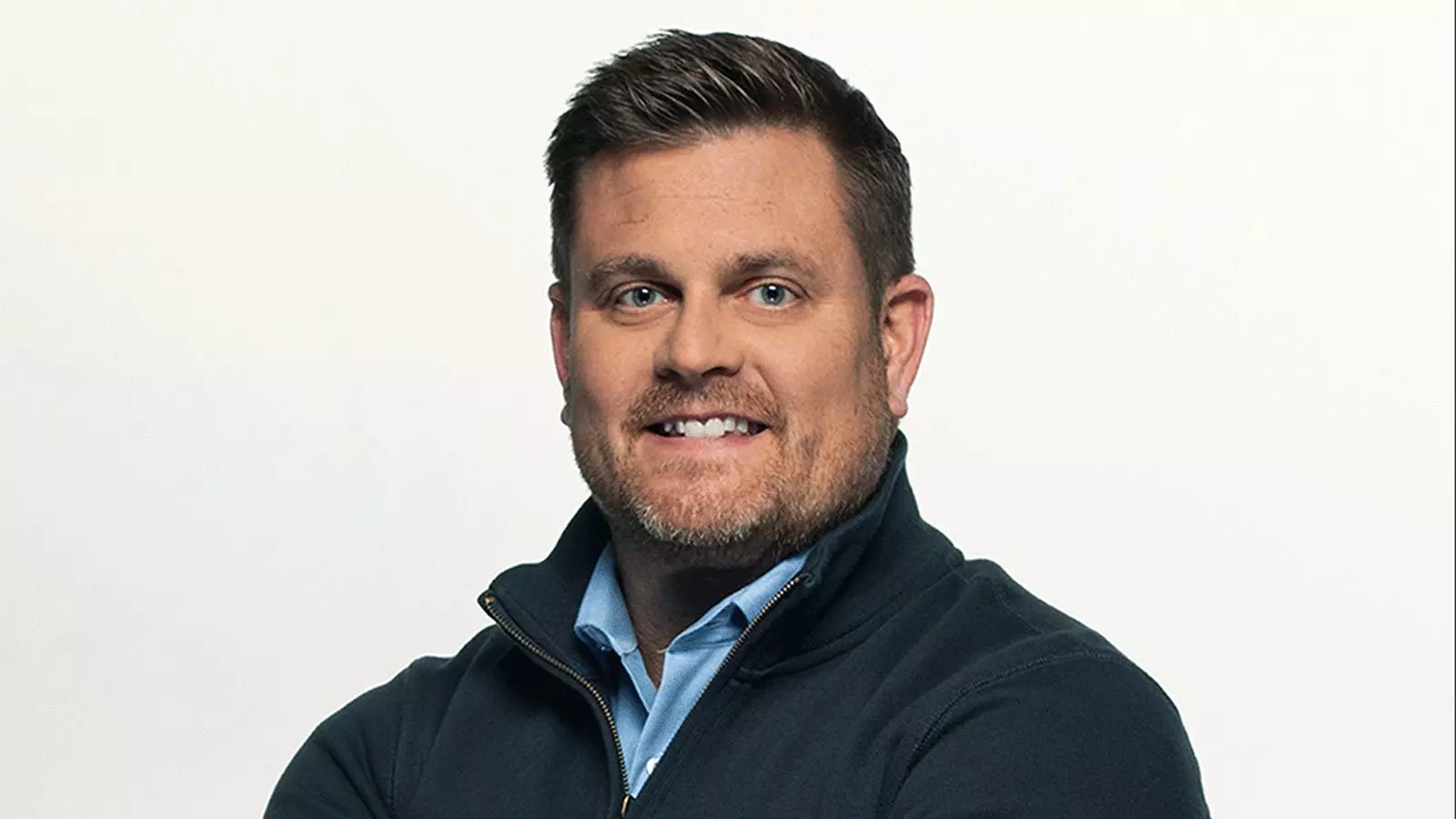The recent shocking incident involving the abrupt and tragic death of Brian Thompson, the CEO of UnitedHealthcare, has ignited a plethora of discussions surrounding both his leadership and the broader implications for the health insurance industry. A figure relatively unknown to the general public, Thompson’s killing on a bustling midtown Manhattan sidewalk instantly spotlighted the complexities and responsibilities entwined with the role of a CEO of one of the largest health insurers in the United States.
The Profile of an Industry Leader
Brian Thompson, a familiar figure in executive circles but a stranger to many Americans, had dedicated two decades of his career to UnitedHealth Group Inc., the parent company of UnitedHealthcare. He rose through the ranks, leading various segments of the enterprise before ultimately taking on the role of CEO in 2021. By managing a firm that caters to over 49 million Americans, Thompson was at the helm of a company that handled significant healthcare coverage, garnering a staggering $281 billion in revenue last year. This formidable figure guided the largest provider of Medicare Advantage plans, providing vital services to the elderly population while also managing individual insurance, employer health plans, and vital Medicaid programs.
Despite Thompson’s prominence in the industry, he remained relatively obscure to the broader public, overshadowed by the more flamboyant figures in the corporate landscape, such as Andrew Witty, the CEO of the parent company. This anonymity reflects a paradox; although Thompson played a crucial role in shaping contemporary healthcare delivery, he operated largely behind the scenes, leaving many unaware of his leadership. This scenario underscores the often-unseen efforts behind the accessible healthcare many Americans receive today.
During his tenure, Thompson was a proponent of “value-based care,” a paradigm shift aimed at encouraging preventive care rather than a reactive approach typical of traditional healthcare models. This initiative aimed to improve patient health outcomes by incentivizing healthcare providers to prioritize the well-being of their patients. Thompson emphasized that “healthcare should be easier for people,” highlighting his vision for a more navigable healthcare system. However, this commitment to innovation was not without its criticisms.
His leadership was particularly scrutinized in 2021 when UnitedHealthcare faced backlash over a proposed plan that threatened to refuse payment for what it deemed non-critical emergency room visits. This proposal stirred significant concern among healthcare officials, who argued that it placed undue pressure on patients, who often lack the medical expertise to categorize emergencies. The American Hospital Association’s vehement vocalization against this plan exemplified the challenges stemming from corporate decision-making within the healthcare sector.
This tension illustrates a broader narrative surrounding health insurance, wherein the drive for profitability can conflict with the ethical imperative to prioritize patient care and safety. While Thompson argued for a justifiable financial model focused on care effectiveness, the pushback he received demonstrated the inherent risks within the healthcare system; decisions made at the corporate level can profoundly influence patient experiences and outcomes.
Thompson’s untimely death illuminates the intense pressures faced by leaders in the healthcare industry. Scheduled to speak at an investor meeting mere moments after being shot, his murder sends ripples of concern throughout corporate America, raising questions about the vulnerability of executives and the societal dynamics that underlie such violence. Investigators are working diligently to unravel the mystery surrounding this horrific event, examining various facets of Thompson’s life, including his personal and professional networks, searching for motives and context.
That Thompson was living a seemingly normal life, as a married father of two, further personalizes this tragedy. It reminds us that behind the titles, corporate leaders are individuals whose families are affected by their roles and responsibilities. In a world where corporate influence significantly impacts public health and welfare, the security and well-being of executives like Thompson cannot be overlooked.
The tragedy that claimed Brian Thompson’s life serves as a grim reminder of the delicate balance between corporate governance, healthcare delivery, and personal responsibility. As the healthcare landscape continues to evolve, the ramifications of Thompson’s death will likely resonate beyond the corporate corridors, reminding society of the intricate ties between leadership, ethics, and the very foundation of public health.



Leave a Reply